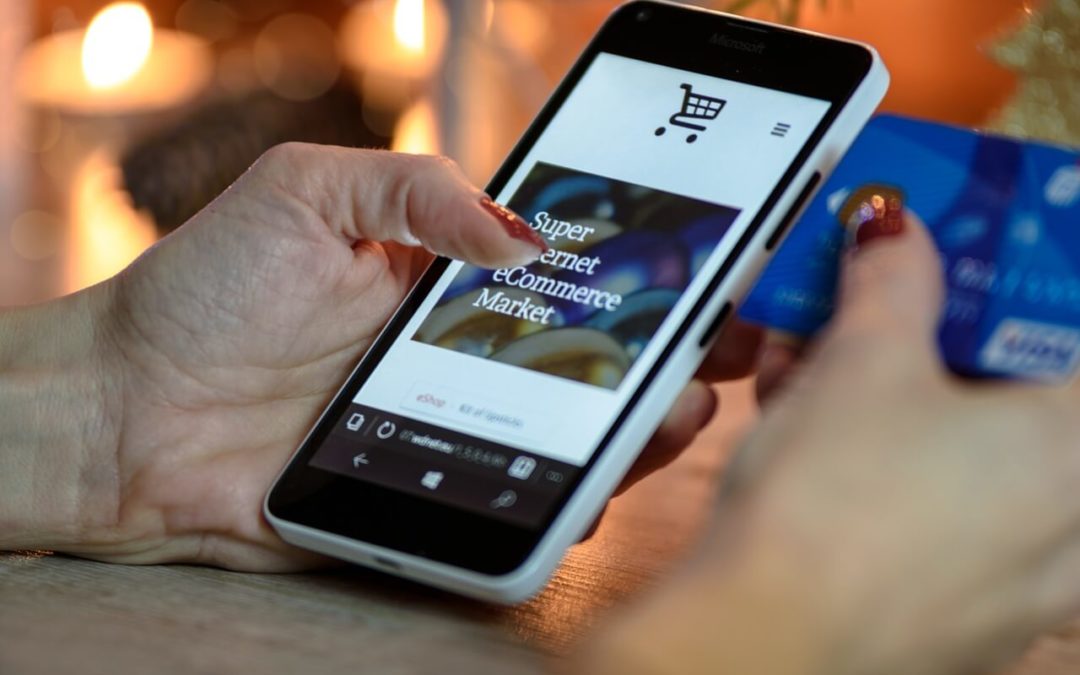If you’re like most people, you’ve probably already gotten a lot of your holiday shopping done, but inevitably you’ll find yourself scrambling to make those last-minute purchases for that Secret Santa gift exchange that popped up at work or the toy drive being held at church. The holidays are, for most, a comforting time to enjoy the presence of family and friends, but they can also be a really stressful time of year when it comes to managing your finances and your time. As much as you’d rather avoid it, you’ve probably found yourself maneuvering your shopping cart through hordes of irritated shoppers the weekend before Christmas or frantically searching for that item you need to buy online and praying it arrives on time. We’ve all been there.
If you plan on making a purchase online anytime soon (which, let’s be honest, you probably will), you should ho-ho-hold on, because there are a few precautions you should take to keep your accounts safe. The internet has overtaken on-site stores as the most popular form of shopping. According to an annual survey of more than 5,000 online shoppers from the United Parcel Service, shoppers now make 51% of their purchases online as opposed to in stores. While the risk of credit card fraud exists both in stores and online, the nature of fraud has shifted as more people are using EMV, or chip, cards.
According to Forbes, “A survey of 125 retailers representing 13% of online sales projects that online fraud attempts will rise 43% this year over last.” It’s much more difficult for scammers to reproduce chips than it is to reprint a plastic card and swipe it in stores to purchase goods. But chips have no security benefit online, so there have been an increase in fraud attempts online as opposed to traditional methods, especially when purchasing online and picking up in store. Expedited forms of shipping like shipping to the store, first-class, and next day shipment make it easy for scammers to get away with their crimes because there is such a narrow margin of time between purchase and delivery.
So, what can be done to protect yourself from crime in this high-risk culture? While you may never be able to eliminate your risk of fraud entirely, there are several things you should be doing to keep your accounts safe:
- Monitor your accounts. Keep a close watch on your accounts by monitoring all of your transactions through a personal finance app like Mint or Wally, or check your credit card and bank transactions directly if you’d rather not link your accounts to an app. Make sure you’re set up to receive alerts from your card issuer of any suspicious purchases.
- Only make purchases from reputable sites. Always be skeptical of any deals that seem too good to be true (because they probably are) and stick to only buying from sites that you trust and know for a fact are safe. It’s also worth it, for added security, to buy from sites that use SSL, which creates a link between your browser and the site’s servers to protect your data.
- Don’t give your account information out over email or phone. Be wary of anyone trying to sell you something over the phone. If you don’t know or trust the caller, do not give out your information. Likewise, emails can easily be forwarded, putting your financial information at risk.
The holidays are meant to be a relaxing, enjoyable time to spend with the people you care about. While fraud is certainly a risk and the holiday season is not without its stressors, if you keep this advice in mind, there is no reason why the holidays can’t be great!

